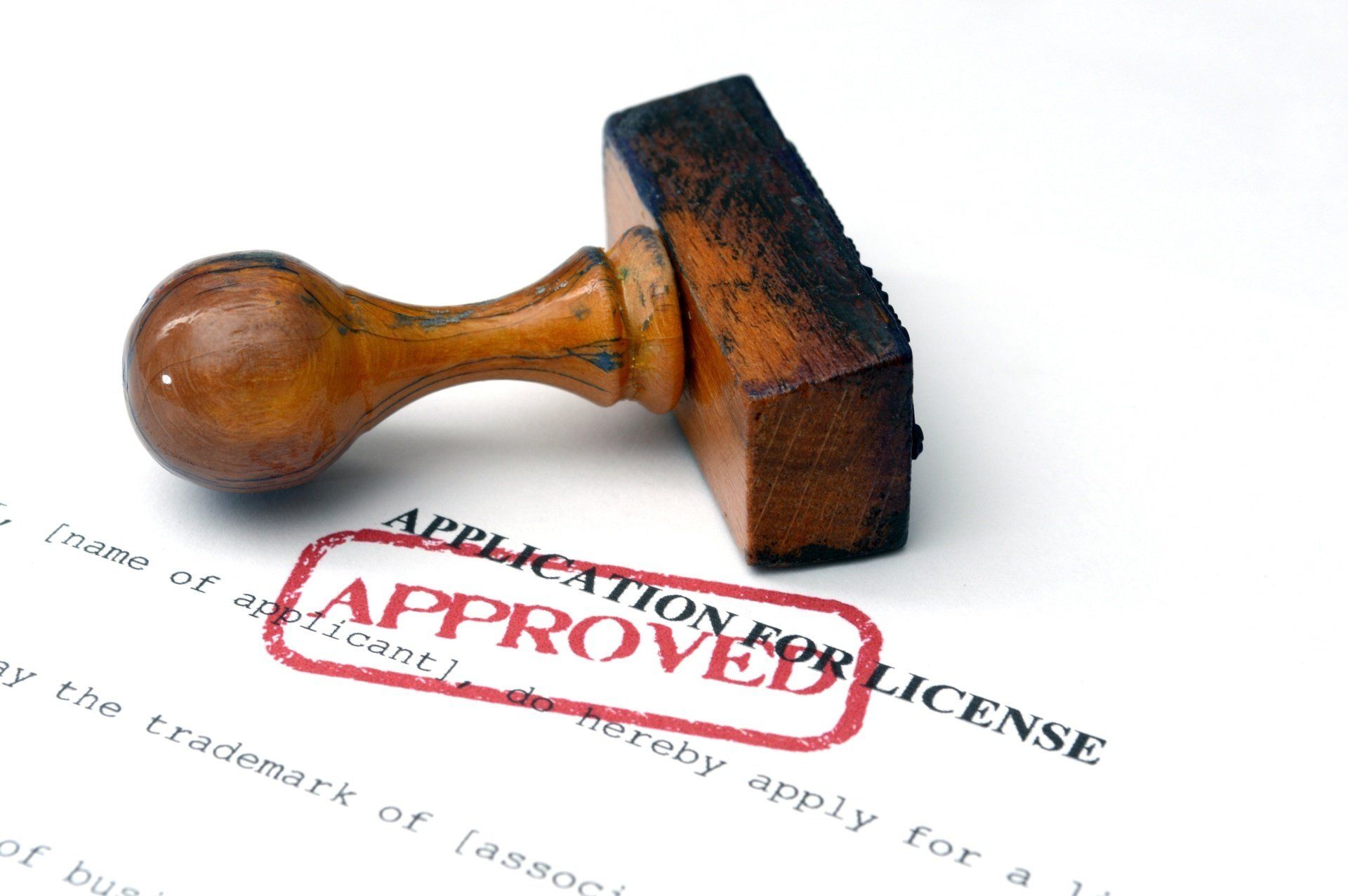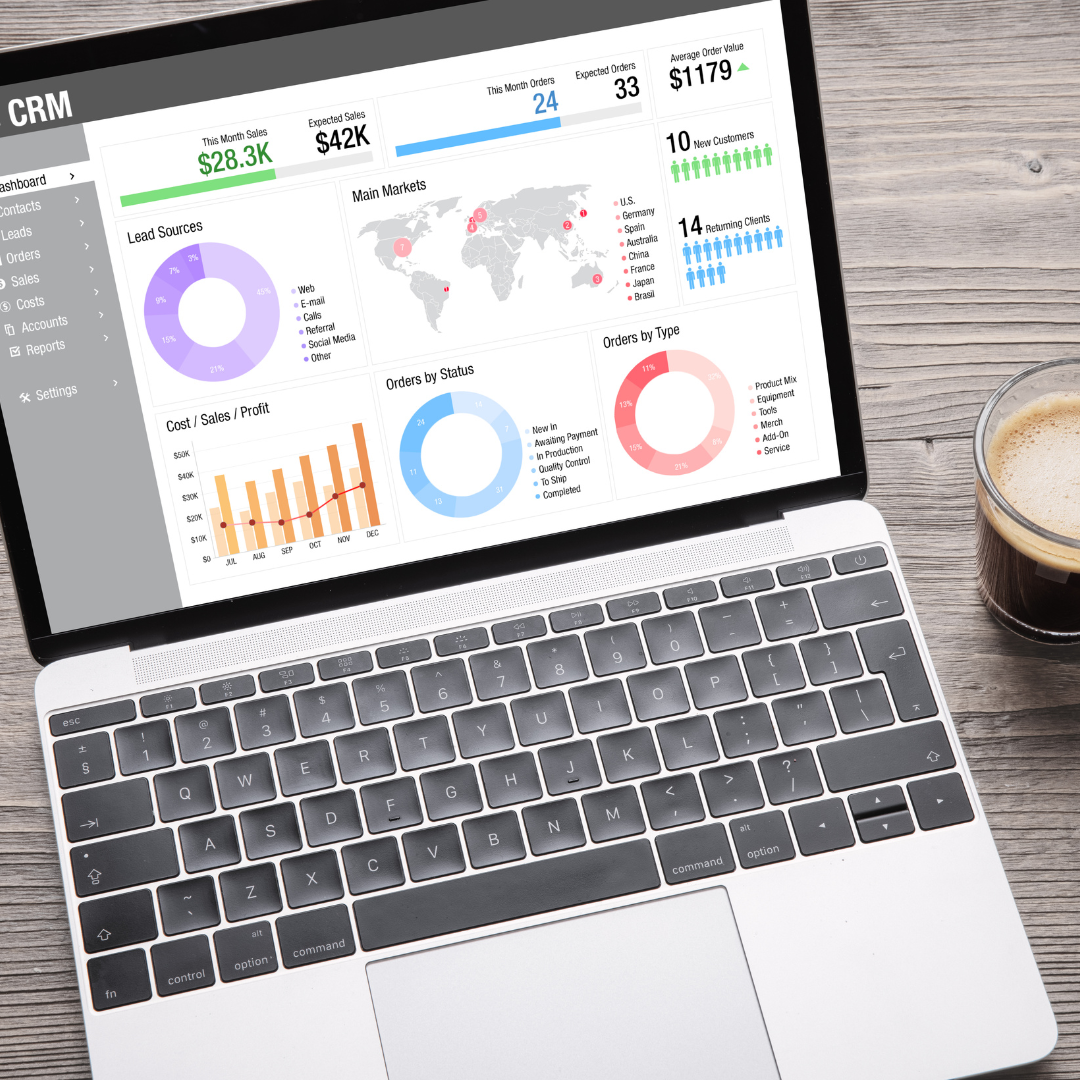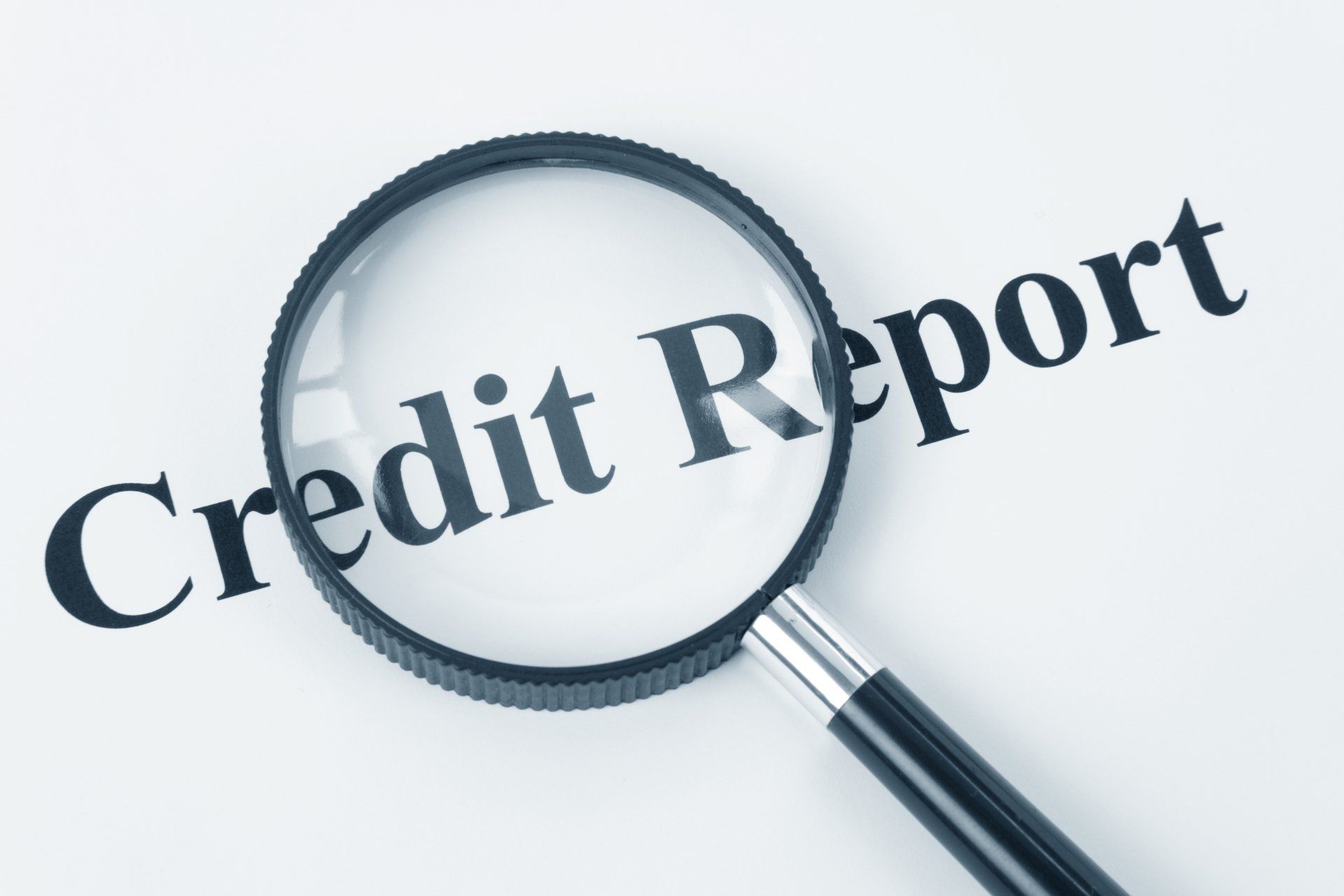Specialty Licenses: Electrical Contractors
 One type of sub specialty that requires its own license in the State of Florida is electricians and electrical work. To do this type of work, a general contractor
must also have a certified license from the Electrical Contractors Licensing Board, or hire a specialist who carries one.
One type of sub specialty that requires its own license in the State of Florida is electricians and electrical work. To do this type of work, a general contractor
must also have a certified license from the Electrical Contractors Licensing Board, or hire a specialist who carries one.
There are actually several types of certifications the Board will issue:
- Electrical contractor
- Alarm contractor I (all alarm systems)
- Alarm contractor II (excludes fire alarm systems)
- Specialty, which falls into one of five sub categories: residential, lighting maintenance, signs, limited energy or utility line
To qualify to take the exam to apply for a license, a contractor needs to fulfill one of the following criteria:
- at least three years of management experience in the trade within the last six years (half can be an approved education)
- at least four years of experience as a foreman, supervisor or contractor in the trade within the past eight years
- at least six years of comprehensive training, technical education or broad experience with electrical or alarm system installation or service within the past twelve years
- three years as a licensed engineer
The exam itself is an open-book style exam, and it will cover three subjects: general business, technical knowledge and safety. Each certificate type is slightly different, and weights the categories slightly differently, which is why anyone who wants to be certified in more than one area will need to plan to take each test individually. No matter which certification you are interested in receiving, the test will cost $300 to take and file. And then it is an additional $250 to get the actual certificate once you pass the exam. Each one is good for two years, before you will need to re-certify.
One thing to note: if you can prove that you have a license that is equivalent to Florida’s requirements, you can apply for the certification in-state without needing to take the exam. You will need to pay the certification fees, however.
Here is a breakdown of the principals and information you’ll need for each type of electrical certification:
Business CBT Exam (required of all certifications)
- Maintaining cash flow
- Estimating and bidding
- Interpretation of contracts and agreements
- Purchasing control
- Contract scheduling
- Obtaining insurance and bonding
- Complying with contracting laws and rules
- Personnel management
- Complying with payroll and sales tax laws
- Interpretation of financial statements and reports
- Management accounting
Unlimited Electrical Contractor
- General theory and principles
- Plan and specification reading and interpretation
- Wiring and protection
- Wiring methods and materials
- Special occupancies and situations
- OSHA, safety, testing procedure, tool and equipment use
- Americans with Disabilities Act, life safety
- Electrical signs, outline lighting and structural considerations
- Alarms and limited energy
Residential Electrical Contractor
- General theory and principles
- Plan and specification reading and interpretation
- Wiring and protection
- OSHA, safety, testing procedure, tool and equipment use
- Residential life safety and ADA
- Motors
- Box fill
- Demand loads
- Conduit fill
- Grounding connectors
- Neutral loads
- Appliance loads
- Service
- Voltage drop
Alarm Contractor I (all alarm systems)
- General theory and principles
- Plan and specification reading and interpretation
- Wiring and protection
- Wiring methods and materials
- Special occupancies and situations
- OSHA, safety, testing procedure, tool and equipment use
- Americans with Disabilities Act, life safety
- Limited energy, low voltage
- Central station facilities and signaling
- Premises protective signaling systems
- Initiating devices
- Burglar alarms
Alarm Contractor II (excludes fire alarm systems)
- General theory and principles
- Plan, schematics and diagram reading and interpretation
- Wiring and protection
- Wiring methods and materials
- Special occupancies and situations
- OSHA, safety, testing procedure, tool and equipment use
- Americans with Disabilities Act
- Limited energy, low voltage
- Central station facilities and signaling
- Premises protective signaling systems
- Initiating devices
- Burglar alarms
Limited Energy Specialty Contractor
- General theory and principles
- Plan, schematics and diagram reading and interpretation
- Wiring and protection
- Wiring methods and materials
- OSHA, safety, testing procedure, tool and equipment use
- Americans with Disabilities Act
- Limited energy, low voltage
Sign Specialty Electrical Contractor
- General theory and principles
- Plan, schematics and diagram reading and interpretation
- Wiring and protection
- Wiring methods and materials
- OSHA, safety, testing procedure, tool and equipment use
- Electrical signs, outline lighting and structural
- Signs, neon
Lighting Maintenance Specialty Electrical Contractor
- General theory and principles
- Wiring and protection
- Wiring methods and materials
- OSHA, safety, testing procedure, tool and equipment use
- Electrical signs, outline lighting and structural
- Signs, neon
Utility Line Electrical Contractor
- General theory and principles
- Plan specification reading and interpretation
- Wiring and protection
- Wiring methods and materials
- OSHA, safety, testing procedure, tool and equipment use
- Utility safety
Contractors Reporting Services | 3795 N Nebraska Ave, Tampa, FL 33613 | 1-800-487-2084












